Supporting Tourism In the Eastern Caribbean
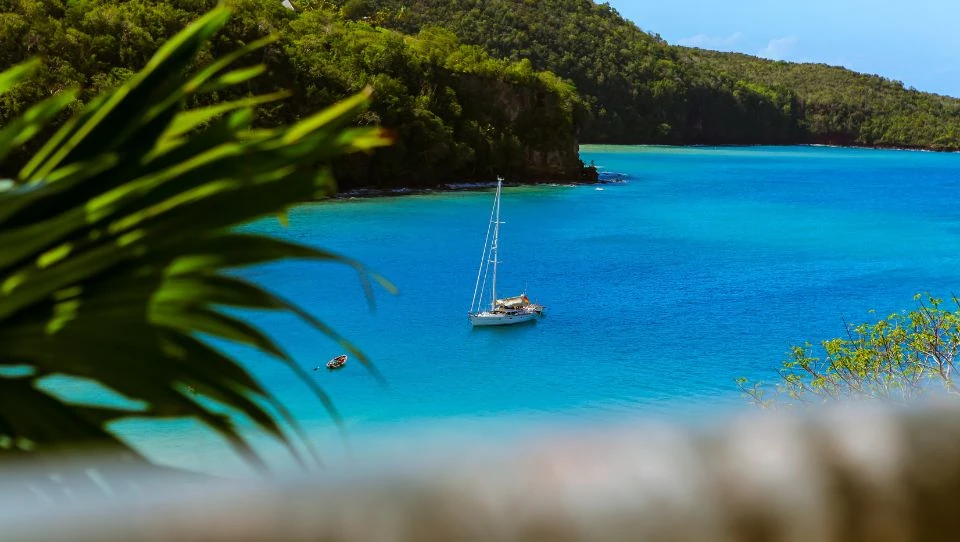
Given that the Caribbean ranks among the top regions of the world for cruise, yachting, family and luxury vacations, the tourism sector remains a primary source of income and employment opportunities in most of the Member States of the OECS. Sustainable tourism development, naturally, remains a top priority for the OECS.
The OECS Commission intends to develop a tourism industry that is viable, internationally competitive, resilient and sustainable through the creation of synergies between key players of the sector, whilst improving the quality of life of the citizens of the OECS. The aim is for the Eastern Caribbean to be able to optimise the social, economic and environmental benefits of tourism
Objectives
The priority objectives of the OECS concerning the area of tourism in the Eastern Caribbean are as follows:
- to develop a coordinated approach on tourism in the Eastern Caribbean and execute a common marketing and promotion strategy that benefits all the OECS Member States;
- to create a sound framework for long-term tourism development within which the region's private sector can invest and do business with confidence;
- to contribute towards a wider understanding, awareness and appreciation of the value of tourism amongst residents in OECS Member States;
- to share intelligence and good practices;
- to harmonise standards and practices that will facilitate travel and make the region and its tourism experiences more accessible to visitors.
Projects
Through its Tourism desk within the Economic Development Unit, the OECS has been coordinating multiple programmes designed to respond to the challenges and opportunities of sustainable tourism in the Eastern Caribbean. Learn more below:
- OECS Sustainable Tourism Policy
- Community-based Tourism
- Heritage Tourism
- Climate Action in Tourism
- The Tourism Blue Economy
- The OECS Network of Excellence In Tourism and Hospitality Training and Education (NETHTE) and the Eastern Caribbean Institute of Tourism (ECIT)
- The INTERREG Odyssea Antilles Sustainable Nautical And Cultural Blue Routes Project
1 - Sustainable Tourism Policy

2 - Community-Based Tourism

The Community-Based Tourism (CBT) Programme funded by the European Union through the 10th European Development Fund (EDF) continues to receive support under the 11th EDF. This project aims to foster the involvement of local people in the tourism sector and to increase their direct benefits. Key objectives of this programme include:
- Diversifying and enhancing tourism products across OECS Member States;
- Advancing competitiveness and building resilience;
- Attracting the more discerning and affluent travelers; and
- Developing a more sustainable and inclusive tourism industry.
Activities undertaken under the Community-Based Tourism (CBT) Programme include:
- Implementing national consultations;
- Coordinating training and study tours in multiple destinations;
- Providing direct support to communities to develop and improve their products;
- Certifying tourism products and services; and
- Packaging compatible tourism products.
3 - Heritage Tourism

History and culture play an important role in tourism in the Eastern Caribbean. With funding from the 11th European Union OECS Regional Integration through Growth Harmonisation and Technology (RIGHT), in March 2022 the OECS launched a project to strengthen the historic tourism offering in the OECS.
The project, for which phase 1 is completed, aims to assist National Trusts and similar/related institutions, that have the responsibility for managing protected areas and safeguarding historic sites, to improve their ability to offer viable Heritage/Historic Tourism products while managing and preserving their authenticity and integrity.
To date, the intervention has undertaken a Needs Assessment and seen the completion of an OECS Heritage Asset Inventory with a regional total of 70 Historic/Heritage Sites, and supported capacity development through a “Tourism for Trusts” training.
Further strengthening of the OECS National Trusts and similar institutions is planned for phase 2 “Increasing the OECS Potential for Heritage Tourism” through the establishment of an OECS Heritage Tourism Network and the development of a website and additional heritage tourism products based on the asset inventory undertaken previously. Phase 2 is planned for 2024.
4 - Climate Action in Tourism

The OECS is one of the most tourism dependent regions in the world and the Tourism Sector is highly vulnerable to Climate Change. It is critical that the Tourism sector be brought on board as a Climate change agent.
The OECS Commission signed the Glasgow Declaration on Climate Action in Tourism as a “supporting organisation” in October 2021 just ahead of COP26. The Glasgow Declaration’s objective is to raise the climate ambition of tourism stakeholders and secure strong actions to support the global commitment to halve emissions by 2030 and reach Net Zero as far as possible before 2050. UNWTO officially launched the Glasgow Declaration at COP26 on 4th November 2021.
OECS Council of Ministers: Tourism have endorsed the approach in fulfilment of the obligations of the Glasgow Declaration on Climate Action in Tourism
The OECS Commission is working with key collaborators including the Ministries of Environment and the Travel Foundation towards the OECS Tourism Climate Action Plan.
5 - The Tourism Blue Economy

OECS will benefit from the World Bank “Unleashing the Blue Economy of the Caribbean (UBEC) for three tourism components:
(1)OECS Tourism Policy
With high market demand and sustainable travel heightened in the post COVID-19 environment, the Organisation of Eastern Caribbean States (OECS) is taking a critical look at its OECS Common Tourism Policy.
The existing OECS Common Tourism Policy dates back to 2011 and the new, updated version seeks to develop a fully comprehensive and pragmatic policy that supports competitiveness, balanced growth and sustainability, introducing new areas of opportunities specifically within the blue economy. The OECS Commission had its first stakeholder engagement with senior tourism officials on August 30, 2023. Stakeholder consultations will continue to the end of 2023. The new OECS Sustainable Tourism Policy is expected to be completed in 20234.
(2) The development of standards for beaches, marinas and boat operators - Work to commence in 2024
(3) Joint Tourism Marketing activities around blue tourism- To be implemented in 2024
5 - The OECS Network Of Excellence In Tourim And Hospitality Training And Education (NETHTE) And The Eastern Caribbean Institute Of Tourism (ECIT)

The OECS Network of Excellence in Tourism and Hospitality Training and Education (NETHTE) was created in 2010 in order to support the development of tourism in the Eastern Caribbean.
The NETHTE gave birth to the Eastern Caribbean Institute of Tourism (ECIT) funded by the European Union through the 10th European Development Fund (EDF) which enabled to inject a grant of 4 million euros into the project. ECIT comprises Centres of Excellence in nine OECS Member States namely: Antigua and Barbuda, the Commonwealth of Dominica, Grenada, Montserrat, St. Kitts and Nevis, Saint Lucia, Saint Vincent and the Grenadines, the British Virgin Islands and Anguilla. Each centre offers an area of specialisation in tourism and hospitality training and education.
The primary purpose of ECIT is to harmonise and enhance the Tourism and Hospitality Sector in the OECS through continued improvements in human resource development and knowledge management, and in so doing, to support the OECS Economic Union as a single financial and economic space.
6 - The INTERREG Odyssea Antilles Sustainable Nautical and Cultural Blue Routes Project

The INTERREG Odyssea Antilles Sustainable Nautical and Cultural Blue Routes Project is a €6.8 million project co-funded by the INTERREG Caraïbes programme under the European Regional Development Fund. The main objective of the INTERREG Odyssea Antilles Sustainable Nautical and Cultural Blue Routes Project is to promote growth and blue tourism in the Eastern Caribbean.
The project is led by the Communauté d'Agglomération de l'Espace Sud Martinique (CAESM), in partnership with the OECS, the Comité Martiniquais du Tourisme (CMT), Martinique Développement, the community of Marin (Martinique), the Ministry of Tourism, Information and Radio Broadcast of Saint Lucia, the Territorial Collectivity of Martinique (CTM), the Tourism Unit of the Ministry of Europe and Foreign Affairs of France and the French Federation of Marinas.
The INTERREG Odyssea Antilles Sustainable Nautical and Cultural Blue Routes Project was launched in 2019 and ended in December 2021.
Resources
- Access the catalogue of the best spots for tourism in the Eastern Caribbean.
- Access more resources on Tourism in the Eastern Caribbean via the OECS Library.
Partners
The OECS has been partnering for multiple years with regional and international agencies who support the development of sustainable tourism in the Eastern Caribbean.
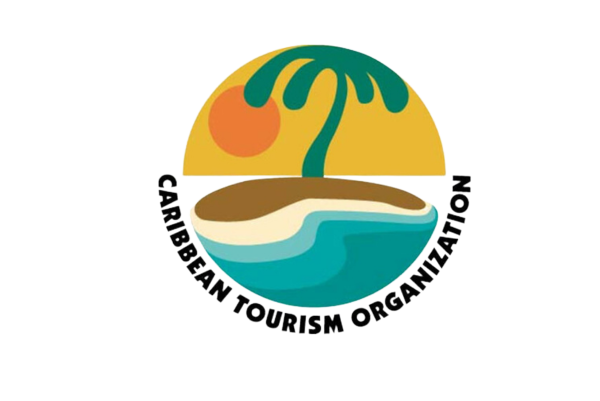
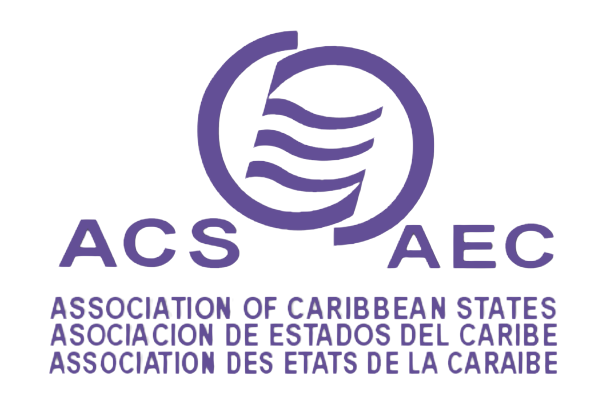

Learn more on UNDP Barbados & the Eastern Caribbean

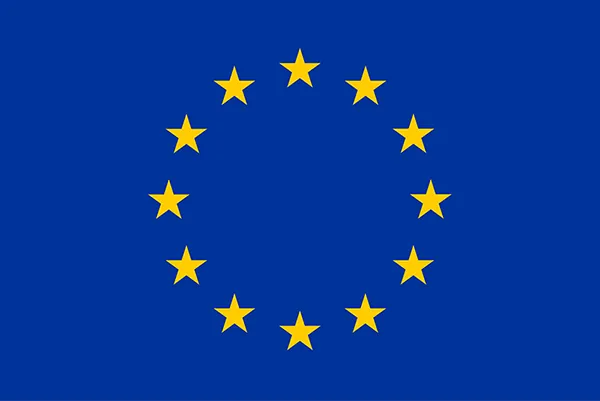



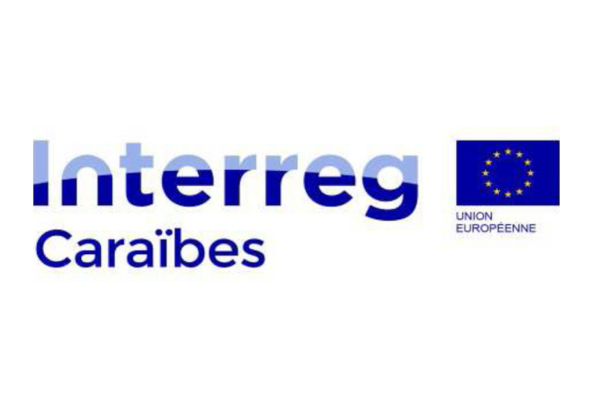





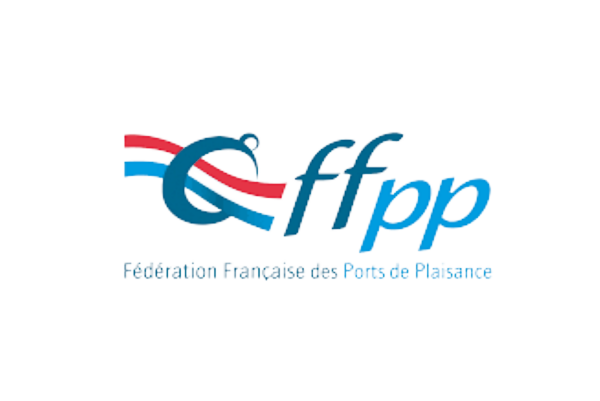
Contact
Maria Fowell
Senior Technical Specialist - Tourism
Tel: +1 (758) 384-2407![]()
Learn More About Tourism In The Eastern Caribbean
The OECS is working in close collaboration with all the Ministries of its Member States on all matters related to tourism in the Eastern Caribbean.
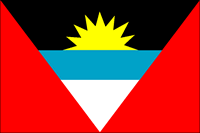
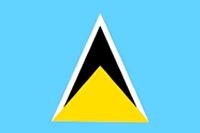
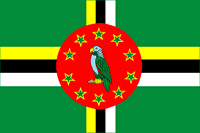

Saint Vincent and the Grenadines Ministry of Tourism, Civil Aviation, Sustainable Development and Culture and Tourism Authority.
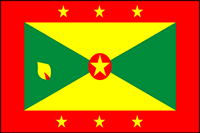
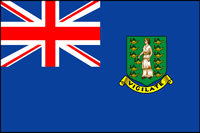
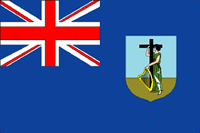
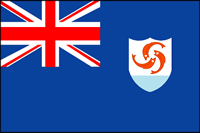
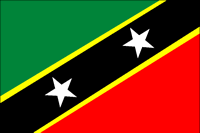
Resources




